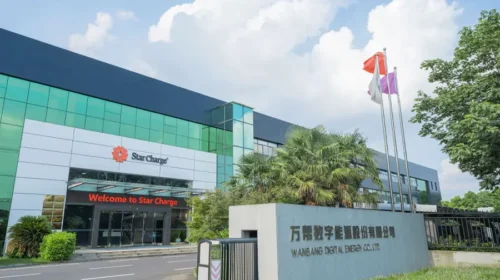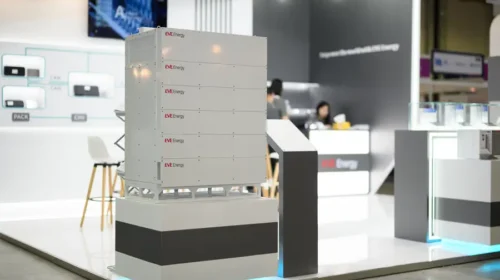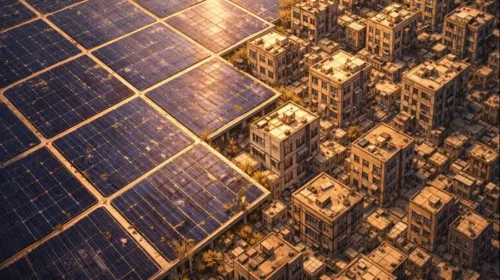BRIEF: CATL in talks to acquire Nio’s battery-swapping unit

Battery giant CATL (300750.SZ) is planning to acquire electric vehicle (EV) maker Nio’s (NIO.US; 9866.HK) battery-swapping unit, Nio Power, according to Reuters, citing unnamed sources familiar with the matter. It did not report an acquisition price, though Nio Power was valued at over 10 billion yuan ($1.36 billion) during a fundraising round last year.
When asked to confirm whether a deal was in the works, Nio said it is working with multiple investors, including CATL, to co-develop battery swapping stations, and aims to deepen its capital and business collaboration with CATL. Last month, CATL announced a strategic agreement to invest up to 2.5 billion yuan in Nio Power.
Nio Power currently operates over 3,200 battery swapping stations across China. In addition to serving Nio vehicle owners, the stations are also open to other EV brands such as Tesla (TSLA.US) and BYD (1211.HK; 002594.SZ).
CATL introduced its own Choco-Swap solution last year, aimed at improving battery-swapping efficiency, and announced plans to build 1,000 Choco swap stations in 2025. On April 2, CATL also announced a partnership with Sinopec (0386.HK; 600028.SH), aiming to build over 500 battery swapping stations nationwide this year at the latter’s filling stations, with a long-term goal of expanding to 10,000.
Nio’s shares opened 5.5% higher on Tuesday in Hong Kong, closing up 4.9% at HK$25.70 by midday break.
By Lee Shih Ta
To subscribe to Bamboo Works weekly free newsletter, click here





